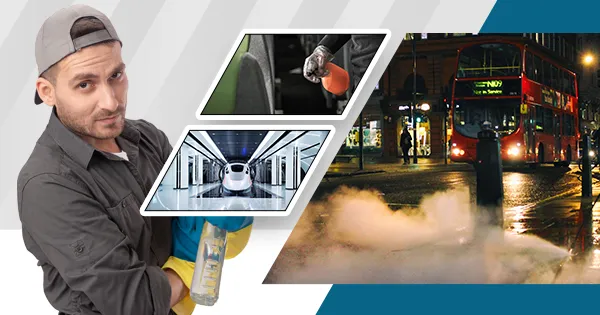Maintaining cleanliness at busy train stations and bus terminals is essential for public safety and comfort. High footfall areas are prone to dust, grime, and germs, making deep cleaning services in the UK a necessity for these public spaces.
Why Deep Cleaning Matters
Regular cleaning might remove surface dirt, but deep cleaning goes further by eliminating hidden bacteria and ensuring that all surfaces, including floors, seats, and handrails, are hygienic. This is crucial in preventing the spread of illnesses among daily commuters.
Key Areas That Require Attention
Areas such as waiting lounges, ticket counters, restrooms, and platform edges must undergo intensive cleaning. Combining this with disinfection cleaning in the UK ensures that harmful pathogens are completely neutralized, creating a safer environment for the public.
Benefits of Professional Cleaning Services
- Enhanced hygiene and safety for commuters.
- Prolonged lifespan of infrastructure and facilities.
- Reduced risk of disease transmission in crowded areas.
Conclusion
Investing in professional deep cleaning and disinfection not only maintains the aesthetic appeal of train stations and bus terminals but also plays a vital role in public health. Partnering with expert cleaning providers ensures that these facilities remain safe, hygienic, and welcoming for everyone.


